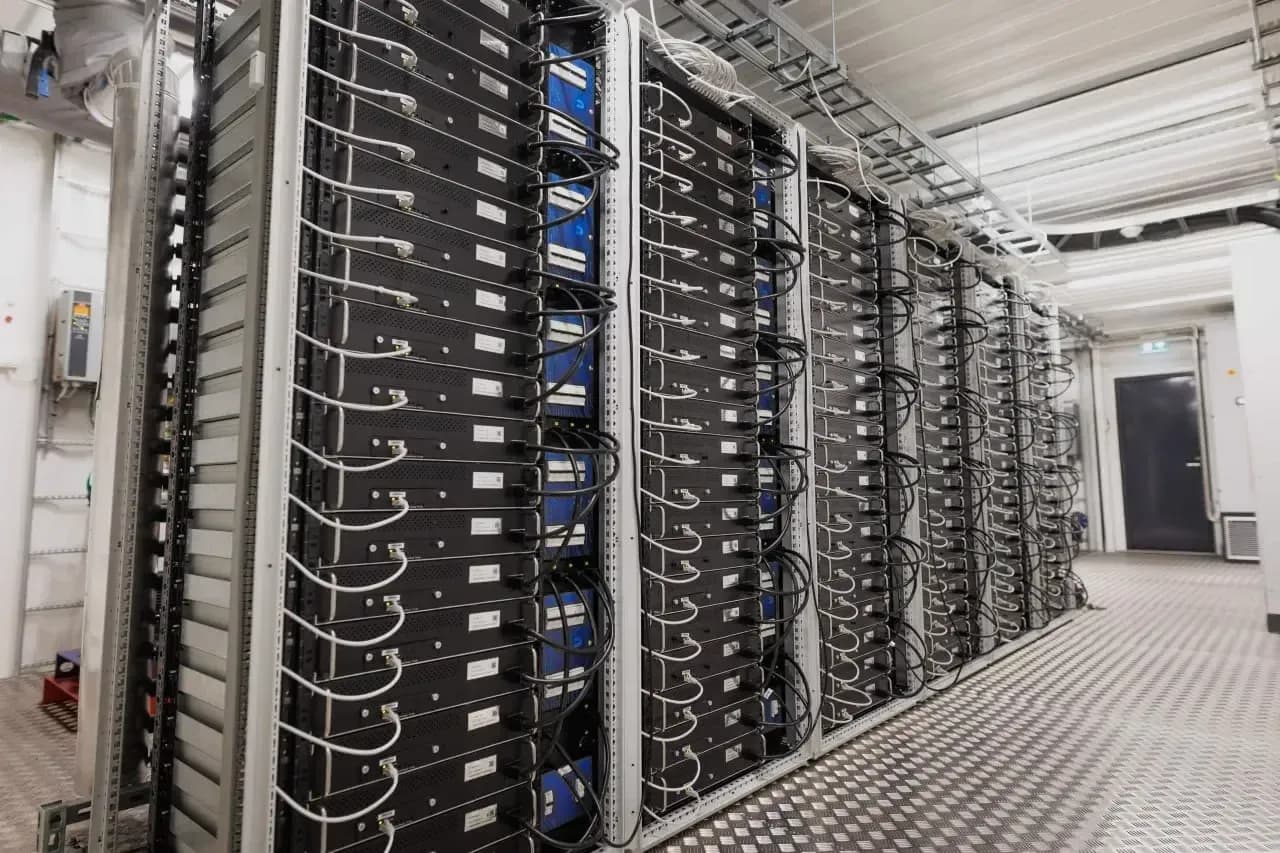Progress for 0 ad
Progress for 1 ad
Progress for 2 ad
Progress for 3 ad


Daniel Metaferiya
Addis Ababa, Ethiopia

Ethiopia will halt the issuance of new electric power supply permits for data mining companies, effectively freezing the expansion of crypto-mining operations in the country, according to Ashebir Balcha, CEO of Ethiopian Electric Power (EEP).
Speaking during EEP’s annual performance review held Thursday morning at the Skylight Hotel , Ashebir said the state enterprise has reached a saturation point in its capacity to meet new demand.
“From our current assessment, access appears to be at capacity,” he told Shega.
While Ethiopia’s emerging legal framework classifies cryptocurrency mining under the broader category of data mining, the activity remains intensely energy-intensive, involving high-powered computers solving complex mathematical problems.
The freeze comes after a boom in interest: 25 companies have already established Bitcoin mining operations in Ethiopia in recent years, attracted by its low-cost tariffs and abundant hydropower. Nearly 20 more companies are currently on a waiting list.
EEP began selling power to crypto-mining firms in foreign currency in a bid to diversify revenue streams, marketing it as a way to monetize what it termed “stranded power”, excess generation in off-peak hours that would otherwise go unused. But energy experts have questioned the narrative, warning that the actual consumption by mining operations may be higher than reported and could risk compromising local access.
In the recently concluded fiscal year, close to 7% of Ethiopia’s generated power was exported, contributing to $338 million in foreign currency revenue, a year-on-year increase of nearly 141%. Crypto-mining companies were among the largest contributors to that total.
The export of power to neighboring countries like Kenya and Djibouti has also become a growing source of income for the 128-year-old enterprise.
“We have received requests from Kenya for an additional 100 megawatts, we are currently exporting 200 to them,” the CEO told Shega.
Combined with domestic sales to the Ethiopian Electric Utility (EEU), EEP earned 75.4 billion Birr last year and aims to increase that figure by 32% in the year ahead.
Ashebir said EEP currently operates 20 power stations nationwide with a combined generating capacity of over 7,900 megawatts. That number is expected to rise significantly with the commissioning of additional turbines at the Grand Ethiopian Renaissance Dam (GERD), which is scheduled to be inaugurated within two months. Once fully operational, GERD is projected to add more than 5,000 megawatts to the national grid.
Despite these gains, access to electricity remains uneven. National grid coverage now spans over 20,000 kilometers, but only around half of Ethiopians are connected to it. Energy officials say substantial investment in transmission infrastructure will be needed to extend service to unserved households.
“Our biggest achievement this year has been the progress on completing the GERD project,” Ashebir said.
Ethiopia’s electricity ecosystem was restructured 12 years ago with the unbundling of the Ethiopian Electric Power Corporation (EEPCO). Since then, EEP has focused on generation and transmission, while the Ethiopian Electric Utility (EEU) manages retail distribution and household access.
👏
😂
❤️
😲
😠

Daniel Metaferiya
Daniel Metaferiya is a writer, journalist and radio host, with a keen interest in technology. He follows developments in Ethiopia's startup ecosystem closely and is passionate about profiling unique MSMEs.
Your Email Address Will Not Be Published. Required Fields Are Marked *